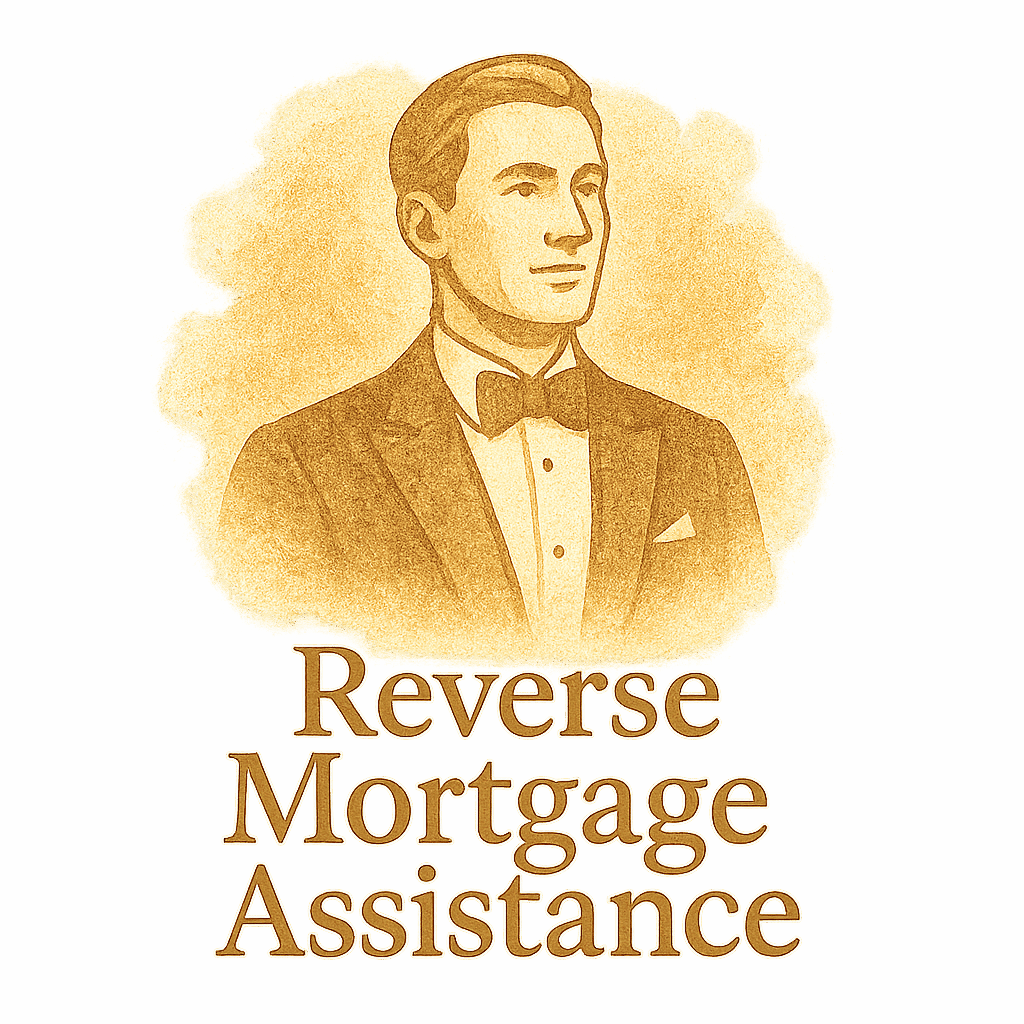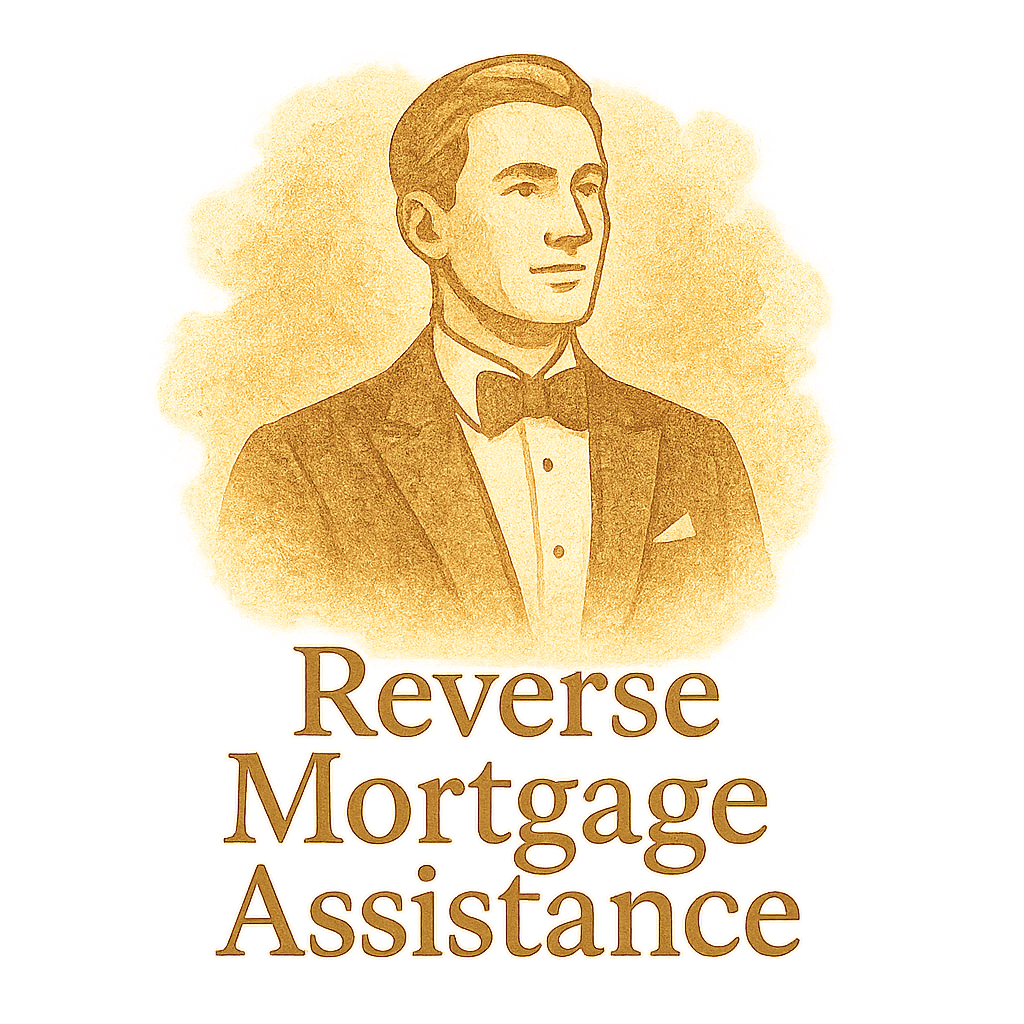Introduction to Reverse Mortgages
What is a Reverse Mortgage?
A reverse mortgage is like unlocking your home’s piggy bank—except you don’t have to move out. It’s a special loan available to seniors aged 62 and up that allows you to convert your home equity into cash while still living in the home. The loan doesn’t require monthly payments like a traditional mortgage, which can sound like a dream, but it also comes with fine print that can trip you up.
If you’re new to this concept, start with the reverse mortgage basics to get a clearer picture.
Why Seniors Choose Reverse Mortgages
Many retirees are house-rich but cash-poor. With rising living costs and healthcare expenses, a reverse mortgage offers financial relief without selling the family home. However, that relief sometimes comes with legal strings attached.
Understanding the Legal Landscape
Role of Legal and Regulatory Bodies
Reverse mortgages are federally regulated, mainly through the U.S. Department of Housing and Urban Development (HUD). Still, state laws also play a big part. The legal and regulatory environment shapes everything from loan terms to inheritance rights.
Key Legal Terms You Should Know
Contracts are filled with terms like “non-recourse loan,” “homeowner obligation,” or “maturity event.” It’s like learning a new language. Brush up on these legal terms to stay ahead of any surprises.
Issue 1 – Misunderstanding of Contract Terms
Common Clauses That Confuse
Many borrowers sign reverse mortgage agreements without fully grasping the conditions. Some loans contain stipulations about home maintenance, insurance, or the borrower’s primary residence status that can lead to technical defaults.
How to Read the Fine Print
Always review the contract with a qualified attorney. Better yet, check out our contract-related insights to decode common pitfalls.
Issue 2 – Undisclosed Fees and Costs
Unexpected Charges
From servicing fees to closing costs and insurance premiums, the “free money” illusion fades quickly. Some lenders bury these fees in complex language or don’t highlight them clearly enough during the process.
How to Ensure Full Disclosure
Ask for a full itemized breakdown before signing anything. Use the loan comparison tools available to evaluate true costs.
Issue 3 – Heirs’ Rights and Property Ownership
What Happens After the Borrower Passes?
One of the most common legal disputes arises when heirs are unsure about what happens to the home. Do they inherit the house? Can they keep it? These questions can spiral into courtroom battles.
Options for Heirs
Heirs can typically repay the loan or sell the home. But they must act quickly. Learn more through our estate and outcomes resources.

Issue 4 – Predatory Lending Practices
Spotting Red Flags
Some shady lenders target seniors with misleading ads, inflated property appraisals, or bait-and-switch offers. If something feels off, it probably is.
Reporting Unethical Behavior
Stay informed and empowered. Explore mortgage myths and truths to spot deceptive practices before it’s too late.
Issue 5 – Foreclosure Risks
Why Foreclosure Happens in Reverse Mortgages
You might think foreclosures only happen in traditional loans. Not true. Fail to pay property taxes, insurance, or maintain the home? That could trigger foreclosure—even if the loan isn’t due.
How to Avoid It
Stay current on your obligations. Our guide on mortgage planning can help you build a sustainable plan.
Issue 6 – Lack of Proper Counseling
Importance of HUD Counseling
HUD-approved counseling is legally required—but not always helpful if rushed or misunderstood. Counselors are supposed to walk you through the details and ensure you’re informed.
Finding Qualified Counselors
Choose an experienced, unbiased counselor. Preparation makes all the difference—get started with our preparation checklist.
Issue 7 – Title and Ownership Disputes
Joint Ownership Complexities
Who actually owns the home? If multiple parties are on the title, confusion may arise during or after the loan process.
Legal Recourse for Disputes
If disputes happen, mediation or court action might be necessary. Learn from real-life mortgage case studies to see how others navigated these issues.
Issue 8 – Loan Repayment Confusion
When and How Loans Must Be Repaid
Reverse mortgages are repaid when the borrower dies, sells the home, or moves out permanently. But many borrowers or heirs are unaware of the timelines or repayment options.
Planning for Repayment
Understanding your obligations from day one can prevent a mountain of legal headaches. Read up on loan comparison strategies to stay ahead.
Issue 9 – State-Specific Legal Variations
How Laws Differ by State
Some states offer extra consumer protections, while others have unique foreclosure rules. It’s not a one-size-fits-all game.
Staying Legally Compliant
Work with local attorneys familiar with your state’s laws and consult resources on reverse mortgage regulations.
Preventative Legal Planning for Reverse Mortgages
Working with Attorneys
Hiring an elder law attorney may feel like overkill, but it’s an investment in peace of mind. They can review contracts, handle disputes, and assist with estate planning.
Estate Planning Tips
A reverse mortgage affects your estate, so it’s wise to have a plan. Our retirement and seniors articles can guide your decisions.
Resources to Stay Informed
Trusted Reverse Mortgage Information
Stick with reliable sources. ReverseMortgageAssistance.com provides comprehensive and up-to-date information to support seniors and their families.
Legal Resources and Support
Stay informed about your rights, regulations, and recent legal changes by exploring the seniors tag for resources.
Conclusion
Legal issues in reverse mortgage cases can sneak up on you—but knowledge is your best defense. From misunderstood contracts to predatory lenders, the risks are real. The good news? With the right information and proactive planning, you can sidestep these common pitfalls. Make sure you understand the law, work with professionals, and stay curious. You’ve worked hard for your home—protect it wisely.
FAQs
1. Can a reverse mortgage be canceled after signing?
Yes, within three business days (the “right of rescission” period), you can cancel the loan without penalty.
2. What happens if I move into assisted living?
If the move is permanent, the loan may become due. Discuss this with your counselor during planning.
3. Can my heirs be forced to sell the home?
Not necessarily. They can choose to repay the loan or refinance it, depending on the loan balance and home value.
4. Are reverse mortgage proceeds taxable?
Nope! The funds are considered loan advances, not income, so they’re not taxed.
5. Can a reverse mortgage impact my Medicaid eligibility?
It might. Large lump-sum payments could affect asset limits. Talk to a benefits specialist before withdrawing funds.
6. What are the signs of a predatory reverse mortgage lender?
High-pressure sales tactics, lack of transparency, and promises that seem “too good to be true” are all red flags.
7. How often do laws around reverse mortgages change?
Regulations can shift with policy updates. Stay informed through our legal and regulatory updates.


